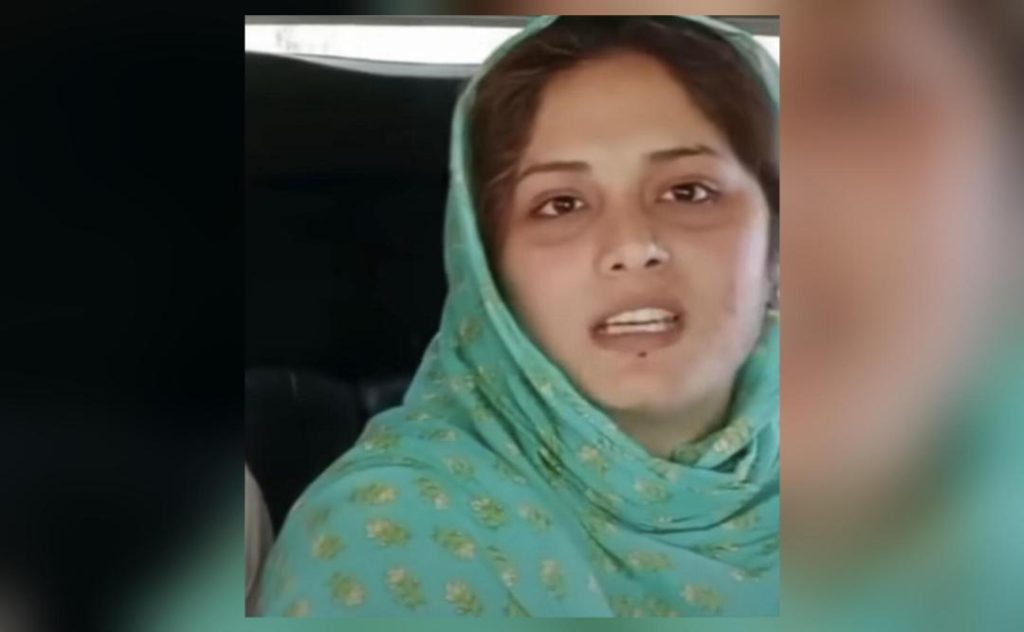
Pakistani Woman Who Married CRPF Jawan Online Among Those Deported by India
In a recent development, India began deporting Pakistani nationals, including a woman who had married a CRPF jawan online, after the Pahalgam terror attack that claimed the lives of 26 people. The attack, which took place on August 8, has led to a significant escalation in tensions between India and Pakistan, with India cancelling visa services to Pakistan and initiating deportation proceedings against Pakistani nationals.
The Pakistani woman, who has not been named, was among those who were deported from Jammu, officials said. According to reports, she had married a CRPF jawan, a member of the Central Reserve Police Force, online, and was seeking to stay in India with her husband and their children.
In an interview, the Pakistani woman urged the government not to separate those who married in India from their children. She said, “We should be allowed to stay with the family. We have our children here, our husbands, our families. We are not terrorists. We are human beings who have been affected by the situation.”
Her plea highlights the human cost of the ongoing tensions between India and Pakistan. The deportation of Pakistani nationals, including those who have married Indian citizens, raises questions about the impact on families and children who may be left behind.
The Pahalgam terror attack, which was carried out by Jaish-e-Mohammed terrorists, has been widely condemned by governments around the world. In response, India has taken a series of measures to strengthen its security and intelligence agencies, including the cancellation of visa services to Pakistan.
The decision to deport Pakistani nationals, including those who have married Indian citizens, has been met with criticism from human rights activists and opposition parties. They argue that the move is unjust and violates international human rights law.
The Pakistani woman’s case is not an isolated one. There are many other Pakistani nationals who have married Indian citizens and are now facing the prospect of being deported. In some cases, they have been living in India for many years and have built businesses, careers, and families.
The deportation of these individuals raises questions about their future and the future of their families. Many of them may be forced to leave behind everything they have built in India, including their homes, businesses, and children.
The situation is particularly challenging for women who have married Indian citizens and are now facing the prospect of being deported. They may be forced to leave behind their husbands and children, and may face significant challenges in rebuilding their lives in Pakistan.
The Pakistani government has also been criticized for its handling of the situation. Many Pakistanis who have been deported from India are being forced to spend significant amounts of money to rebuild their lives in Pakistan, including finding new homes, jobs, and healthcare.
The situation highlights the need for greater cooperation and dialogue between India and Pakistan. The two countries have a long history of conflict and tension, but they also have a shared history and culture. The deportation of Pakistani nationals, including those who have married Indian citizens, is a reminder of the human cost of conflict and the need for greater understanding and cooperation.
In conclusion, the deportation of a Pakistani woman who married a CRPF jawan online, along with many other Pakistani nationals, is a reminder of the human cost of conflict and the need for greater understanding and cooperation between India and Pakistan. The situation highlights the challenges faced by families and children who may be left behind, and the need for greater dialogue and cooperation to address the root causes of conflict.
Source: https://theprint.in/india/kashmiri-soldiers-pakistani-wife-on-way-to-deportation/2608569/






